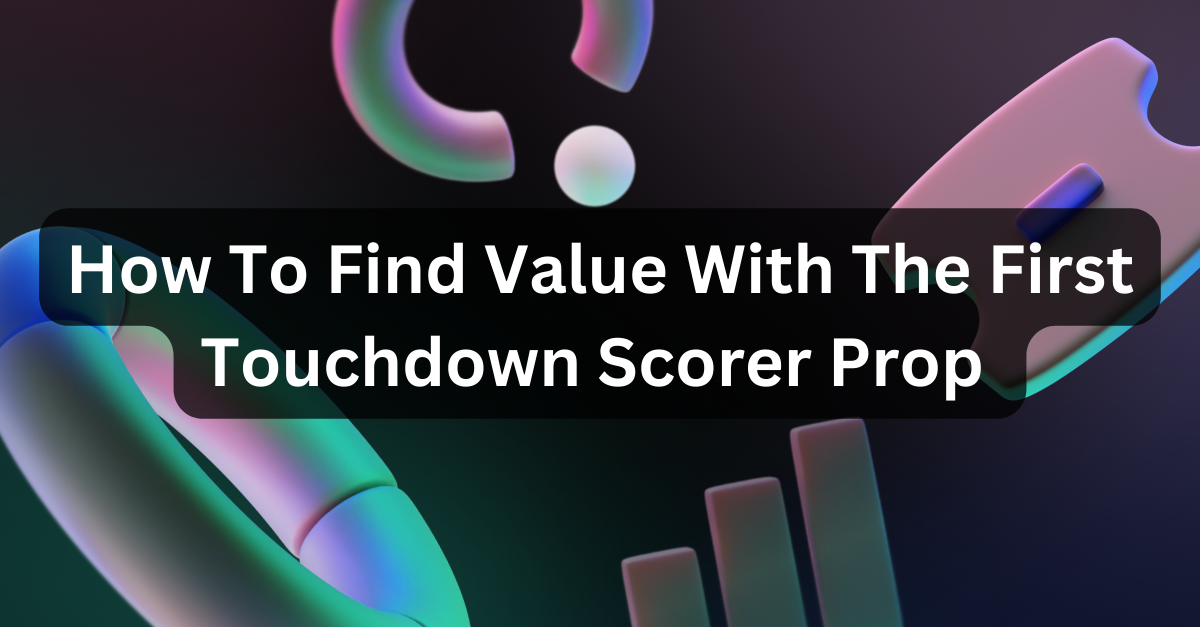The "first touchdown scorer" identifies the player who achieves the initial touchdown in an American football game. This outcome is significant in fantasy football and is a popular, albeit volatile, proposition bet in sports wagering.
Factors Influencing the First Touchdown Scorer
Several elements contribute to predicting who will score the first touchdown:
- Offensive Strategy & Play-Calling: Teams often script their initial offensive drives. Understanding a team's early-game tendencies, red zone preferences (run vs. pass), and player utilization in these scenarios is critical.
- Key Player Roles:
- Running Backs: Especially those designated as goal-line carriers or workhorse backs receiving high volume early.
- Wide Receivers: Primary targets, designated deep threats on early possessions, or those frequently targeted in the red zone.
- Tight Ends: Often favored targets near the end zone due to size, reliable hands, and specific matchup advantages.
- Defensive Matchups: Analyzing the opponent's defensive strengths and weaknesses. A defense vulnerable to the run might concede an early rushing touchdown, while a team with exploitable pass coverage could allow an early receiving score.
- Red Zone Efficiency: Players and teams with a proven ability to convert opportunities inside the opponent's 20-yard line are strong candidates. High target or carry volume in this critical area is a key indicator.
- Player Health & Form: An active player on a "hot streak" or a star player central to the game plan might be heavily involved from the outset. Conversely, injuries to key offensive personnel can shift opportunities to other players.
- Non-Offensive Touchdowns: While statistically less common for the first touchdown, defensive scores (interception/fumble returns) or special teams touchdowns (kickoff/punt returns) are possibilities, particularly with opportunistic defenses or elite return specialists.
Betting Considerations
Wagering on the first touchdown scorer typically offers high odds due to the inherent difficulty in prediction. Bettors should strategically consider:

- Odds vs. Implied Probability: Assessing if a player's offered odds accurately reflect their realistic likelihood of scoring first based on data and matchups.
- Game Script Anticipation: Projecting how the early flow of the game might favor certain players or play types (e.g., a team expected to establish the run early).
- Player Usage Data: Focusing on players with consistently high snap counts, target shares (especially in the red zone), or red zone carry percentages.
- Offensive Line Impact: A dominant offensive line can significantly increase the probability of an early rushing touchdown or provide ample time for passing plays to develop.
Important Note: This market involves a significant degree of variance. Thorough research and understanding team tendencies can improve chances but do not guarantee success due to the unpredictable nature of early-game scoring.














